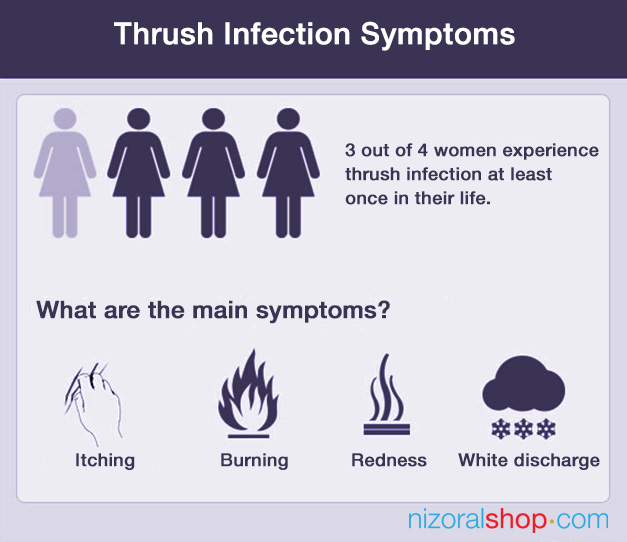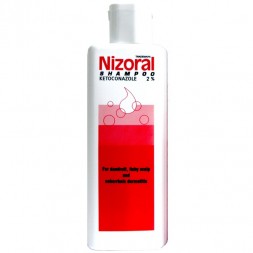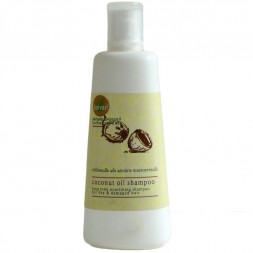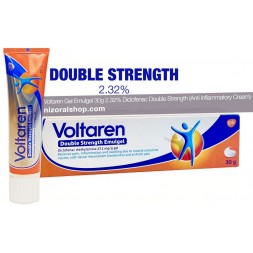 It’s a rather embarrassing issue that may cause you discomfort. Beyond the taboo, we are going to review thrush infection and give straightforward information to share knowledge so that women can beat thrush infection!
It’s a rather embarrassing issue that may cause you discomfort. Beyond the taboo, we are going to review thrush infection and give straightforward information to share knowledge so that women can beat thrush infection!
What's a Thrush infection?
Thrush is a common infection that occurs to many women affecting the vaginal area and its surroundings due to the development of a particular kind of yeast named Candida Albicans. This yeast contains two complete sets of chromosomes that grow at rapid pace.
As many other micro fungi, Candida Albicans lives on the skin and is generally harmless because the immune system and bacteria that live on the skin make sure to prevent the candida from growing. However, favorable conditions can help the candida moving forward and beat the immune system.
What Causes Thrush Infection?
Like most fungi, the Candida Albicans finds its sources of growth in warm, moist and confined areas of the body. The most exposed part of the body subjected to thrush infection is in and around the genitals. Other areas may include the groin (near the tights) and mouth.
Another reason why you may suffer from thrush infection is the use of aggressive soaps. Detergents containing more than 10% of glycerin may increase the risk of thrush due to its oily residue and cause stinging.
Thrush infection can also be the consequence of a low immune system that weakens the body. People suffering from nutrient deficiency may be prone to thrush infection (learn more about how to strengthen the immune system). Causes linked to low immune system also include pregnant women, people diagnosed with diabetes or under antibiotics. In other words, most factors lowering natural body defenses can trigger thrush.
What Are The Symptoms Of Thrush Infection?
Thrush may show symptoms of vaginal discharge. Often called “cottage cheese”, the thrush fluid is rather thick and white. Itching, stinging, redness and pain can be other signs that you have thrush infection.
How To Treat Thrush Infection?
Local treatments to get rid of vaginal thrush include the use of topical solutions such as fluconazole and other antifungal creams that contain ketoconazole. As mentioned in many published articles, Ketoconazole is the main active agent that kills the yeast. Topical creams like Nizoral is designed as an antifungal solution and often used in case of thrush and groin infections to rub on to the skin around the affected area, as it has 2% of Ketoconazole.
People who experience thrush at least four times a year can be affected by what we call “recurrent thrush”. Recommendations of oral treatments such as Nizoral Tablets in some cases are also given. Regardless of the symptoms, it is always recommended to consult your healthcare provider!
If you found the content of this article valuable, please share it with us below.
Check out our last news: Fungal Infection On Face
Related article that may interest you: How To Prevent Dandruff?
Always seek the advice of your physician or other qualified health provider with any questions you may have regarding a medical condition. The material appearing on this page is for informational use only. It should not be used as a substitute for professional medical advice, diagnosis or treatment.





